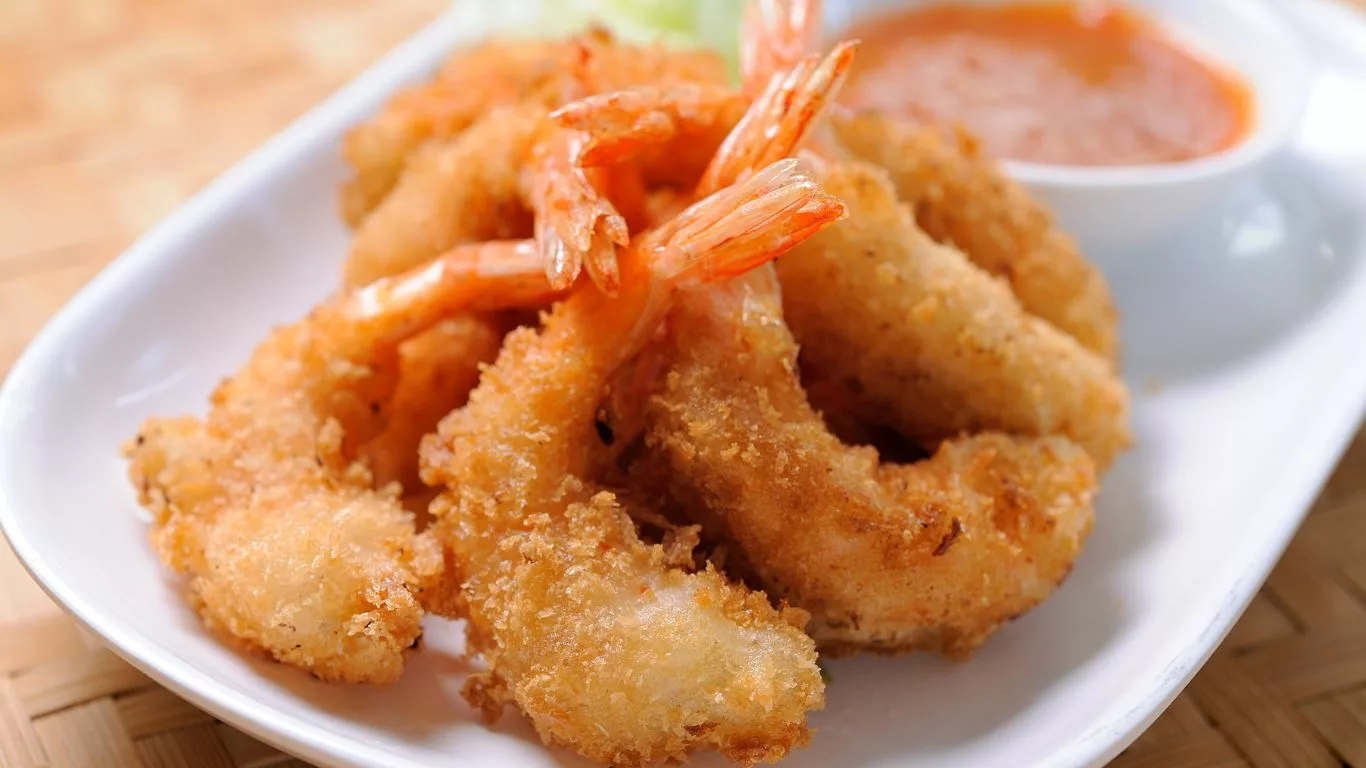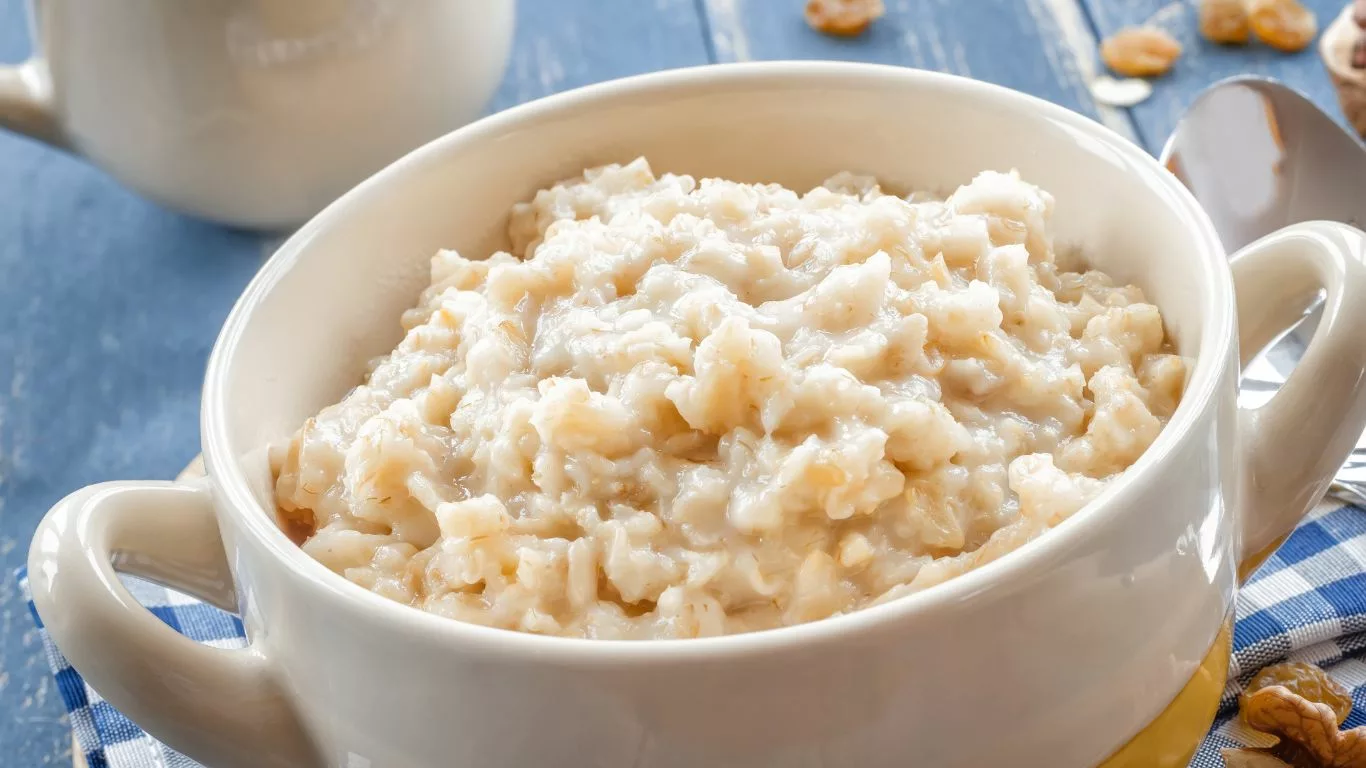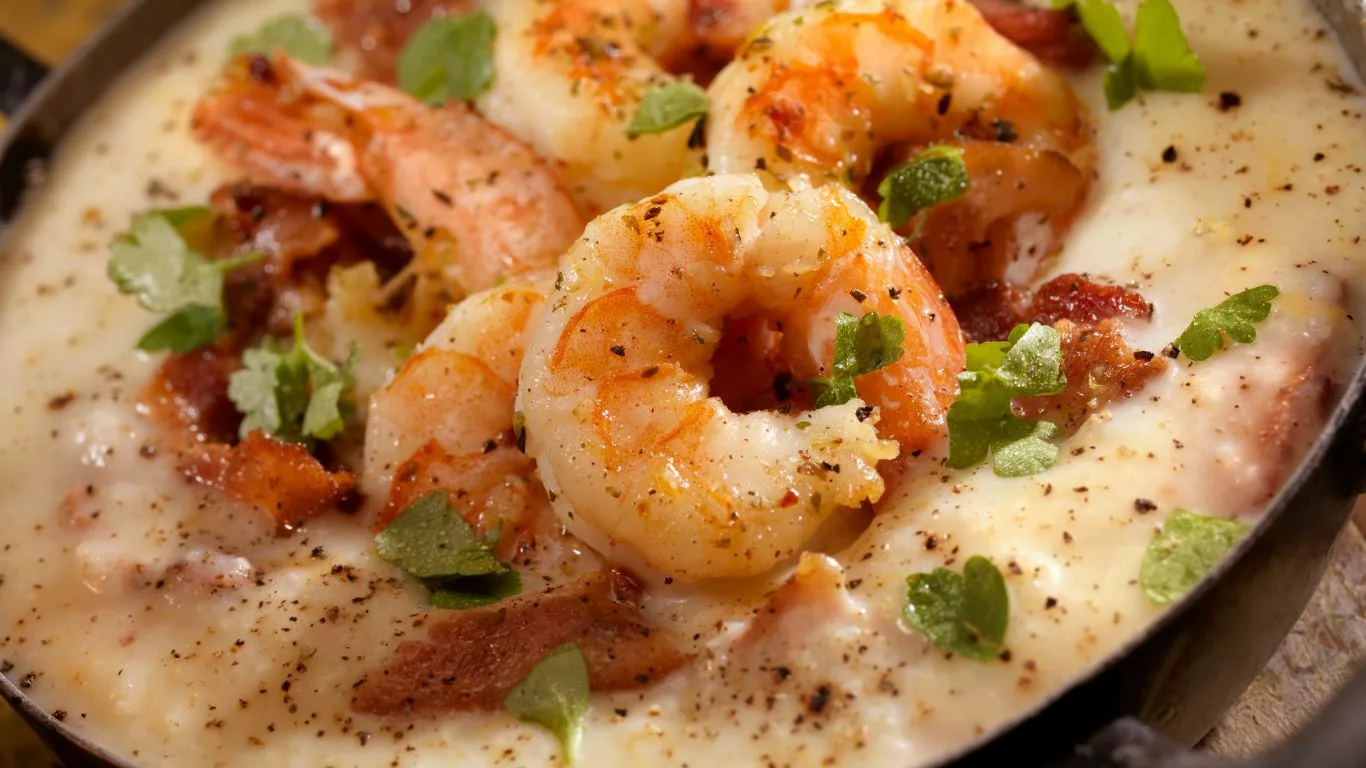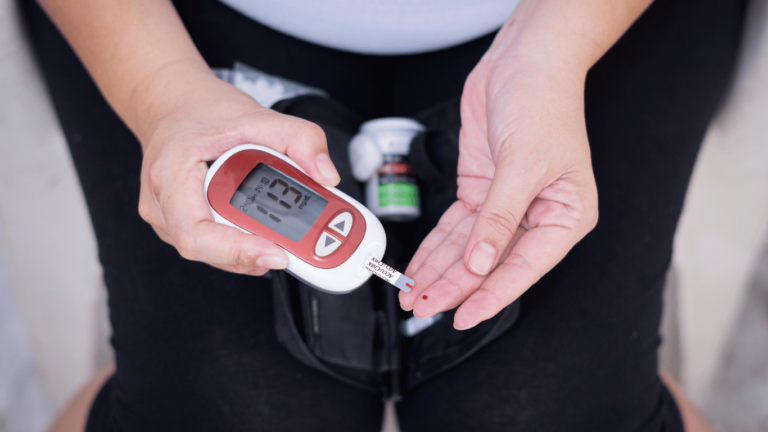Shrimp and Cholesterol: A Comprehensive Analysis
Is Shrimp Bad for Cholesterol? Dive into the shrimp-cholesterol debate. Explore its nutritional profile, impact on levels, and heart-healthy integration. Get informed for smart choices.
Introduction
As we navigate the intricate landscape of health and nutrition, one recurring concern looms large: cholesterol. Amid this ongoing dialogue, one particular culinary delight often finds itself under scrutiny—shrimp. In this extensive exploration, we embark on an enlightening journey to unravel the complex interplay between shrimp and cholesterol. By delving deeper into the nutritional intricacies, investigating the latest scientific findings, and exploring broader health implications, we aim to empower you with a comprehensive understanding to guide your dietary decisions.
Understanding Cholesterol
Cholesterol, often depicted as a villain in the health narrative, is far from a one-dimensional character. This complex lipid molecule is indispensable for life, serving as a fundamental building block for cell membranes and a precursor to critical hormones such as cortisol, testosterone, and estrogen. While a significant portion of cholesterol is synthesized within our bodies, dietary sources contribute to the overall pool of this essential substance.
What is Cholesterol?
Cholesterol is a multifaceted molecule with roles extending beyond its oft-discussed connection to heart health. In addition to its structural contributions, cholesterol plays a pivotal role in neurological function, aiding in the formation of synapses in the brain. Furthermore, cholesterol is indispensable for the production of bile acids, facilitating fat digestion and the absorption of fat-soluble vitamins.
Our bodies exhibit an intricate regulatory mechanism for cholesterol. When dietary intake is high, the liver adjusts its production, and when intake is low, endogenous production increases. This delicate equilibrium ensures a consistent supply of cholesterol for vital bodily functions.
Good Cholesterol vs. Bad Cholesterol
The dichotomy between LDL (low-density lipoprotein) and HDL (high-density lipoprotein) cholesterol extends beyond simple classification. These lipoproteins are intricate players in the cholesterol transport system, influencing health outcomes through their distinct roles.
LDL cholesterol, often labeled “bad” cholesterol, is responsible for transporting cholesterol from the liver to peripheral tissues. Excessive LDL cholesterol can contribute to the development of atherosclerosis, a condition characterized by the accumulation of plaque in arterial walls. On the other hand, HDL cholesterol, the “good” counterpart, engages in reverse cholesterol transport, ferrying excess cholesterol away from tissues to the liver for elimination.

Shrimp and Cholesterol
At the intersection of gastronomy and health, shrimp emerges as a notable subject of discussion due to its cholesterol content. This segment takes an in-depth plunge into the nutritional composition of shrimp and its potential implications for cholesterol management.
Nutritional Profile of Shrimp
Shrimp, beyond its delectable flavor, delivers a nutritional profile that merits attention. A 3.5-ounce (100-gram) serving of shrimp packs a substantial protein punch, supplying all essential amino acids required for various physiological functions. As a result, shrimp is not only a savory treat but also an excellent protein source for individuals seeking to maintain or enhance their protein intake.
Beyond its protein content, shrimp introduces a medley of vital micronutrients. Vitamin B12, essential for nerve function and red blood cell formation, is abundant in shrimp. The mineral iodine, a cornerstone of thyroid hormone synthesis, is also prevalent in these crustaceans. Furthermore, shrimp contributes selenium, a potent antioxidant that supports immune function and aids in thyroid regulation.
Cholesterol Content in Shrimp
The spotlight on shrimp’s cholesterol content has prompted questions about its compatibility with heart-conscious diets. A 3.5-ounce serving of shrimp typically contains around 180 milligrams of cholesterol, a figure that appears substantial when juxtaposed with dietary guidelines advocating for daily cholesterol intake limits.
However, the relationship between dietary cholesterol and blood cholesterol levels is far from straightforward. Recent research underscores the importance of considering the broader context, including genetic predisposition and overall dietary patterns. These factors significantly influence the impact of dietary cholesterol on blood cholesterol levels.

Impact on Cholesterol Levels
Peering into the intricate dance between dietary choices and cholesterol levels necessitates a thorough examination of scientific studies and emerging insights.
The Link Between Dietary Cholesterol and Blood Cholesterol
The narrative surrounding dietary cholesterol’s influence on blood cholesterol levels has evolved over time. Initial studies suggested a direct and linear connection, implying that consuming cholesterol-rich foods would invariably elevate blood cholesterol. However, contemporary research has unveiled a more intricate relationship, where the impact of dietary cholesterol is modulated by various factors.
Genetic predisposition plays a pivotal role in determining an individual’s response to dietary cholesterol. Some individuals are classified as “hyper-responders,” experiencing a substantial increase in blood cholesterol levels in response to dietary cholesterol intake. In contrast, others exhibit minimal changes, labeled as “non-responders.” Furthermore, dietary patterns, especially the consumption of saturated and trans fats, can either amplify or dampen the influence of dietary cholesterol on blood cholesterol levels.
Studies on Shrimp and Cholesterol
Scientific exploration has honed in on the specific interplay between shrimp consumption and cholesterol levels. An amalgamation of studies offers insights into the nuanced effects of shrimp on the cholesterol landscape.
A study published in the Journal of Nutrition examined the impact of shrimp consumption on cholesterol profiles. The findings revealed that while shrimp consumption led to a temporary elevation in LDL cholesterol, it was concurrently accompanied by a more pronounced increase in HDL cholesterol. This equilibrium between LDL and HDL cholesterol can potentially contribute to a balanced overall cholesterol profile, aligning with heart health objectives.
![]()
Incorporating Shrimp in a Heart-Healthy Diet
For those seeking to savor the pleasures of shrimp while prioritizing cardiovascular wellness, strategic dietary approaches offer a path forward.
Balancing Cholesterol Intake
Embracing shrimp within a heart-healthy dietary framework necessitates a holistic perspective on cholesterol intake. Rather than fixating solely on the cholesterol content of shrimp, a comprehensive view involves considering overall cholesterol consumption from various sources throughout the day.
Pairing shrimp with other nutrient-dense foods that contribute to heart health is a savvy strategy. Integrating a vibrant array of vegetables, whole grains, and legumes not only complements the nutritional composition of shrimp but also enhances the overall healthfulness of the meal.
Pairing Shrimp with Other Nutrient-Rich Foods
Unlocking the potential of shrimp within a heart-healthy context extends beyond mere integration—it’s about crafting synergistic culinary compositions.
Whole grains, such as quinoa or farro, complement the protein-rich profile of shrimp while contributing dietary fiber. This fiber promotes satiety and supports healthy cholesterol levels, thus synergizing with the nutritional benefits of shrimp. Additionally, the introduction of an array of vegetables—each contributing its unique set of antioxidants and phytochemicals—enhances the meal’s overall nutritional richness.

Conclusion
Embarking on the journey of understanding whether shrimp is a foe or ally in the realm of cholesterol leads us to a nuanced conclusion. While shrimp does contain dietary cholesterol, its intricate interaction with cholesterol levels is modulated by an array of factors that extend beyond sheer numbers.
For enthusiasts of shrimp, the path to harmonizing this culinary delight with cardiovascular well-being lies in embracing moderation and context. Integrating shrimp into a diet enriched with nutrient diversity and complemented by health-conscious choices offers a means of savoring the delectable flavors of shrimp while safeguarding heart health.
Appendices
References
- Anderson, J. W., & Gilliland, S. E. (1999). Effect of fermented milk (yogurt) containing Lactobacillus acidophilus L1 on serum cholesterol in hypercholesterolemic humans. Journal of the American College of Nutrition, 18(1), 43-50. https://www.tandfonline.com/doi/abs/10.1080/07315724.1999.10718826?journalCode=uacn20
- Fernandez, M. L., & Webb, D. (2008). The LDL to HDL cholesterol ratio as a valuable tool to evaluate coronary heart disease risk. The Journal of the American College of Nutrition, 27(1), 1-5. https://pubmed.ncbi.nlm.nih.gov/18460475/
- Huang, Y. J., Ma, J., & Zhong, Y. L. (2017). Cholesterol and ischemic stroke: a large sample study. Oncotarget, 8(54), 92935-92940. https://www.ahajournals.org/doi/10.1161/01.str.0000102171.91292.dc
- Mori, T. A. (2014). Marine OMEGA-3 fatty acids in the prevention of cardiovascular disease. Fitoterapia, 95, 41-47. https://pubmed.ncbi.nlm.nih.gov/28964873/
- Rong, Y., Chen, L., Zhu, T., Song, Y., Yu, M., Shan, Z., … & Liu, L. (2013). Egg consumption and risk of coronary heart disease and stroke: dose–response meta-analysis of prospective cohort studies. BMJ, 346, e8539. https://pubmed.ncbi.nlm.nih.gov/23295181/
- Shin, J. Y., Xun, P., Nakamura, Y., He, K., & Egg Consumption and Risk of Cardiovascular Diseases and Diabetes: A Meta-Analysis. Atherosclerosis, 235(1), 9-20. https://pubmed.ncbi.nlm.nih.gov/23643053/
- Thomsen, M., Schmidt, E. B., & Overvad, K. (2016). n-3 polyunsaturated fatty acids and coronary artery disease: the Danish Diet, Cancer and Health cohort study. European Journal of Clinical Nutrition, 70(6), 708-714. https://www.ncbi.nlm.nih.gov/pmc/articles/PMC5848472/
- Zhuang, P., Zhang, Y., He, W., & Chen, X. (2019). Impact of Omega-3 Fatty Acids on Gut Microbiota. Frontiers in microbiology, 10, 2615. https://www.ncbi.nlm.nih.gov/pmc/articles/PMC5848472/
FAQs
Does shrimp significantly raise cholesterol levels?
Shrimp consumption may cause a short-term rise in LDL cholesterol. However, it can also elevate HDL cholesterol, promoting balance.
Can shrimp be part of a heart-healthy diet?
Absolutely. By combining shrimp with nutrient-rich foods like whole grains and vegetables, it can contribute to heart health.
What are heart-conscious ways to prepare shrimp?
Opt for cooking methods like grilling or steaming, and use heart-healthy fats like olive oil. Incorporate herbs and spices for flavor.
Disclaimer: This article is for informational purposes only and should not be considered a substitute for professional medical advice. Consult a qualified healthcare provider before making any dietary changes or health-related decisions.

Camellia Wulansari is a dedicated Medical Assistant at a local clinic and a passionate health writer at Healthusias.com. With years of hands-on experience in patient care and a deep interest in preventive medicine, she bridges the gap between clinical knowledge and accessible health information. Camellia specializes in writing about digestive health, chronic conditions like GERD and hypertension, respiratory issues, and autoimmune diseases, aiming to empower readers with practical, easy-to-understand insights. When she’s not assisting patients or writing, you’ll find her enjoying quiet mornings with coffee and a medical journal in hand—or jamming to her favorite metal band, Lamb of God.







